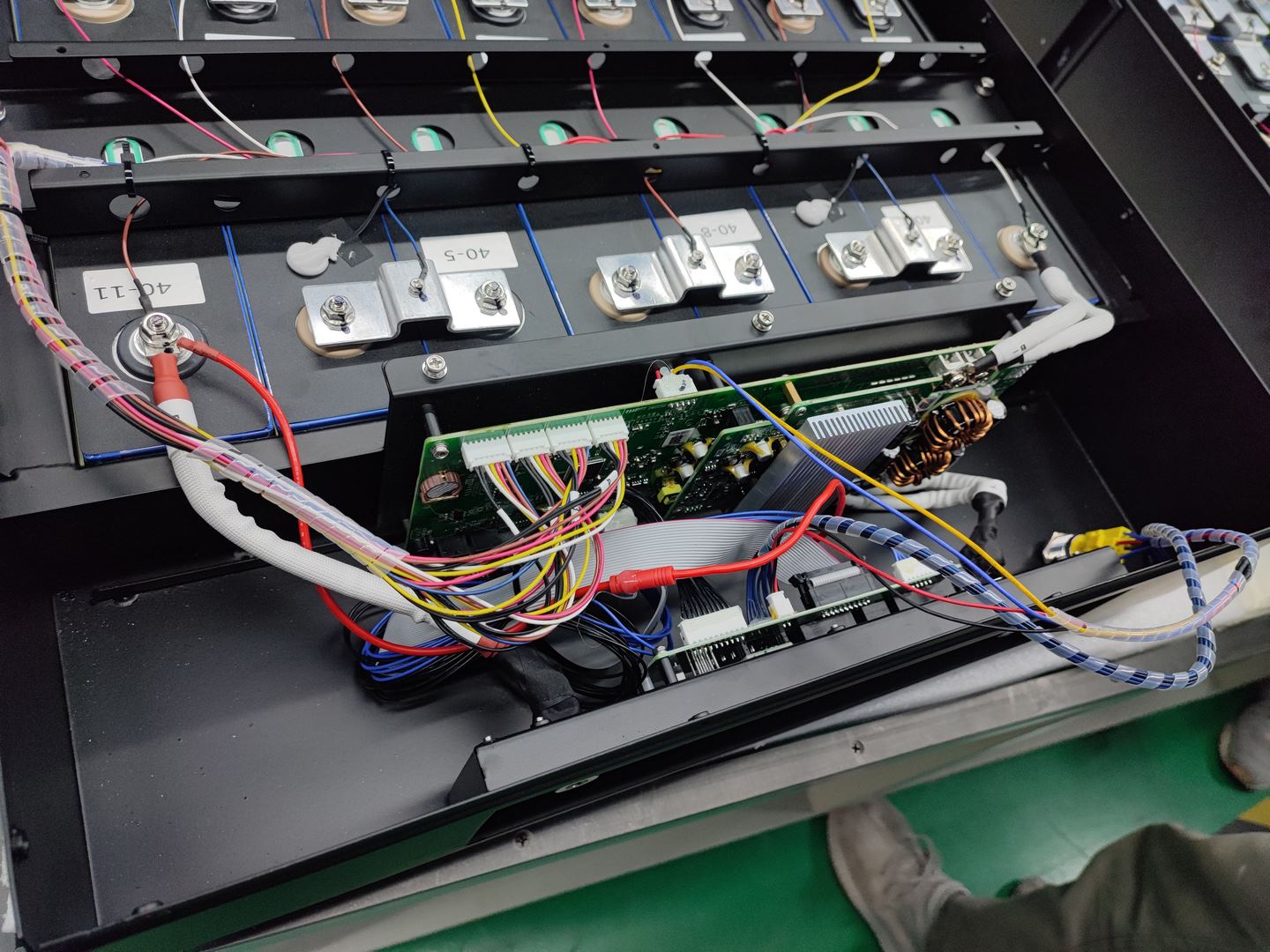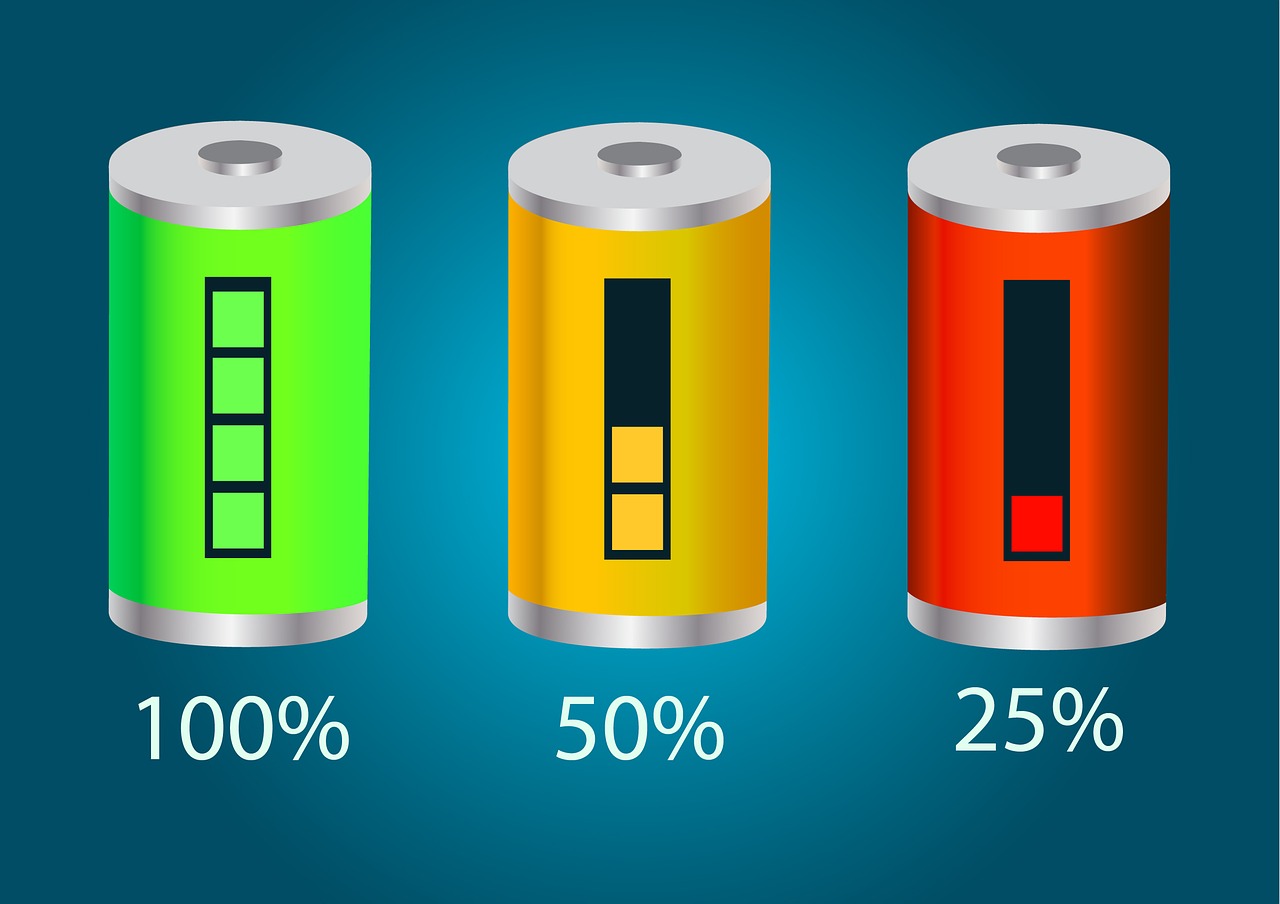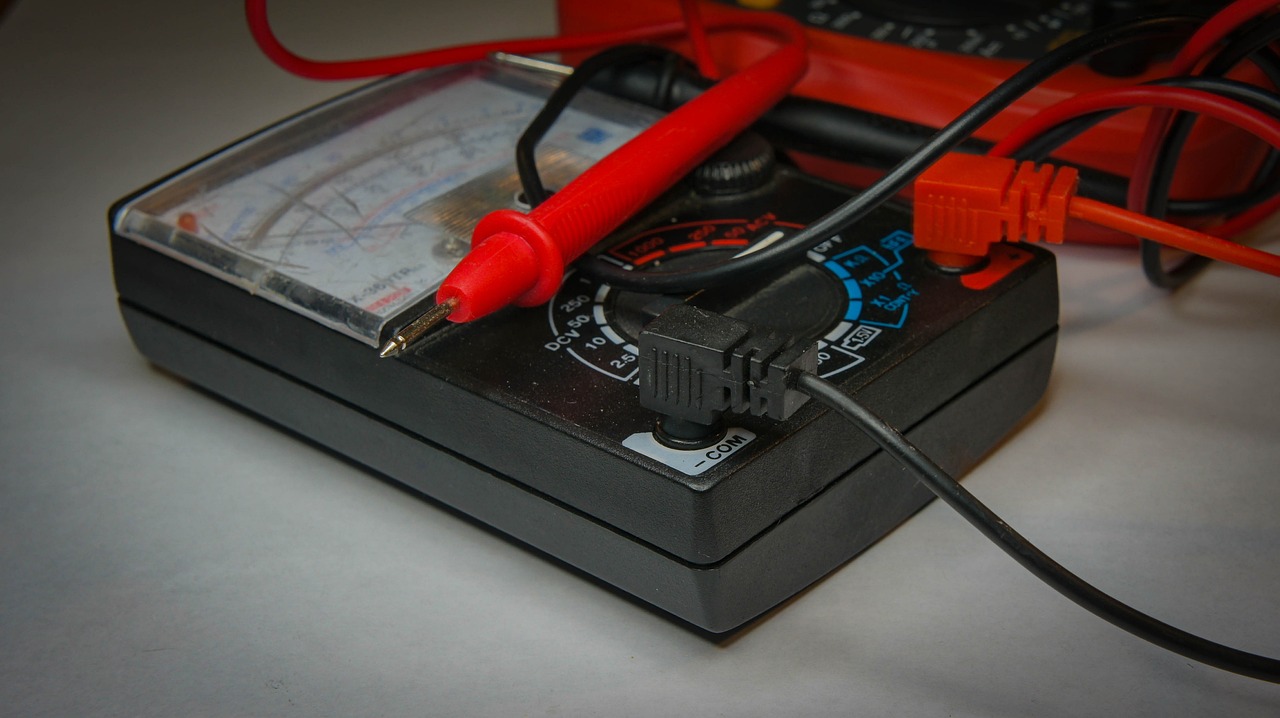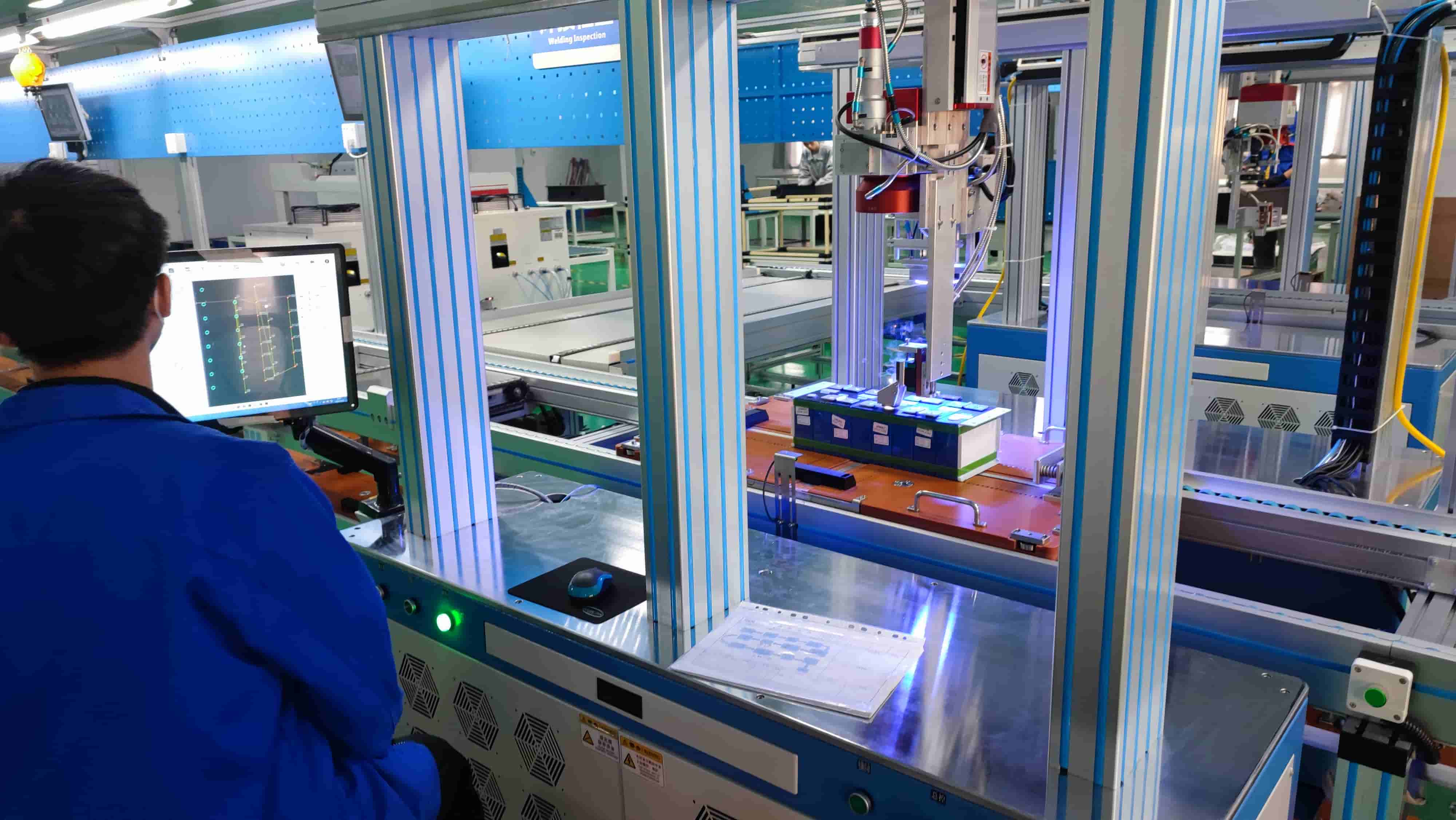Key Factors In Choosing A Lifepo4 BMS - Make Smart Choices

Choosing the right Battery Management System (BMS) is an important decision for anyone looking to maximize the performance of their Lithium-Ion battery. A well-designed BMS can be a key factor in ensuring that your LiFePO4 batteries remain safe and reliable over time, so it’s essential to make smart choices when selecting one.
In this article, we will explore the key factors you should consider when choosing a LiFePO4 BMS. From design features such as cell balancing capabilities to product certifications like UL certification, these are all considerations that must be taken into account if you want to make sure that your choice fits your needs and performs reliably.
With our expert guidance, you'll know exactly what to look for in order to ensure that you're making a smart selection for your application's specific requirements. Let's get started!
Definition Of Lifepo4 BMS
A Lifepo4 BMS (Battery Management System) is like a secret superpower for your energy storage system. It's an invaluable tool that keeps lithium-ion batteries safe, efficient and running optimally - no matter the circumstances. The lifepo4 BMS offers unparalleled battery monitoring capabilities, keeping track of every parameter from voltage to temperature to charge/discharge cycles. With this information, it can take preventive measures against potential sources of failure before they even occur!
At its core, a lifepo4 BMS acts as a gatekeeper between an energy source (e.g., solar panel or wind turbine) and an energy storage system such as a battery bank in order to ensure safety and optimize performance. By managing the flow of electricity through the battery cells, it prevents overcharging or discharging which could cause irreversible damage to the cells.
Additionally, it ensures that all cells within a given battery pack are functioning at similar rates while providing detailed data on individual cell voltages and temperatures allowing users to quickly identify any anomalies before they become costly issues.
In short, if you're looking for reliable power management with comprehensive monitoring features then investing in a quality lifepo4 BMS is highly recommended making smart choices now will save you time, money and headaches down the road.
Battery Capacity Requirements
When selecting a lifepo4 BMS, battery capacity is an important factor to consider. Battery sizing and voltage requirements determine the power output of your system. It's critical that you choose a BMS with enough capacity for both current draw and stored energy needs.

To calculate what size battery you'll need for a given application, start by determining how long it will run between charges, then multiply that time by the average amount of current used during operation (in amps). This will give you the minimum amp-hour rating required from your battery pack. In addition, you should also take into account any peak currents or short-duration high current draws that may occur over the lifetime of your application.
Lifepo4 batteries come in various capacities ranging from just a few amp hours at low voltages up to hundreds of amp hours at higher voltages. For best results, look for a BMS model that has more than enough capabilities to cover all potential scenarios within your application. With this data in hand, you can make an informed decision when choosing a lifepo4 BMS and be confident knowing that it meets all of your battery capacity requirements.
Cell Voltage
Cell voltage is a key factor to consider when selecting a lifepo4 BMS. A BMS must monitor and balance the individual cell voltages in order to protect your battery from overcharging or discharging. Here are some things to keep in mind when looking at cell voltage:
- Voltage monitoring: Look for a lifepo4 BMS with built-in voltage monitoring capability, which is necessary to ensure that all cells remain within their designed operating range.
- Voltage balance: The BMS should be able to perform an active balancing of the cells so that no single one will ever become overly charged or discharged, ensuring optimal performance and longevity.
- Battery protection: Make sure your lifepo4 BMS has features such as temperature cutoffs and smart charging algorithms that can prevent damage due to current overloads and other unforeseen events.
Understanding how well the lifepo4 BMS manages cell voltage is critical for making sure you get the most out of your battery investment. Make sure you do your research before purchasing a system, as it could mean the difference between success and failure in terms of both safety and performance.
Balancing Capabilities
Once you've identified the cell voltages you require in your lifepo4 BMS, it's time to look at a BMS's balancing capabilities. This is an important feature for ensuring that the cells within a battery are all balanced and working optimally together. There are two types of balancing available, active and passive.
Active balancing involves actively monitoring each individual cell in real time and adjusting their voltage as necessary to ensure they remain balanced with one another. Active balancing requires additional hardware such as MOSFETs or other switching devices which can be costly but ensures more accurate cell balancing compared to passive methods.

Passive balancing relies on resistors connected between cells to balance out any differences in voltage between them. While this method is less expensive than active balancing, it provides much lower accuracy and may not be suitable for certain applications where precision is needed. It also does not allow for dynamic adjustment should conditions change over time.
For most applications, either type of voltage balancing will work fine, however, if you need higher levels of precision then active balancing might be worth considering. Ultimately the choice comes down to budget and application requirements so make sure you have taken both into account before making your decision!
Quality Assurance
When it comes to choosing a LiFePO4 BMS, quality assurance is of utmost importance. Ensuring that the product you select meets reliability assurance standards can be critical for successful operation and performance. To do this, check if there are any assurances testing protocols in place for the BMS you are considering, as well as whether these tests have been conducted by certified third-party laboratories or other accredited organizations.
It’s also important to look into the manufacturer's processes for developing and producing each LiFePO4 BMS system. Do they use state-of-the-art technologies? Are their components subject to regular inspections and maintenance checks? These factors help create confidence in the quality of your final product choice.
Beyond relying on external sources, consider taking additional steps yourself to confirm that your chosen LiFePO4 BMS system will meet all expectations. Test out its capabilities before committing; review user feedback; have an expert analyze the data - doing so could save you time and money down the line while giving you peace of mind when making your purchase decision.
System Integration Considerations
Once you have identified the key quality assurance components of your lifepo4 BMS, it is important to consider system integration. System integration requirements are often overlooked when selecting a battery management system but can be an integral part of achieving success with the technology. Integration complexity and cost should also be taken into consideration before making a selection.

The capabilities required for successful system integration must match the needs of your application or project. This means that each component in the system must integrate properly with other components so that all parts work together as intended. The communications protocol used by the BMS will determine how well it integrates with other systems and devices onsite, such as meters, sensors, controllers and more. Understanding these protocols upfront can save time during installation and reduce potential compatibility issues down the road.
Integration processes should also be considered when looking at lifepo4 BMS options—including setup procedures, maintenance cycles and data analysis tools available to help manage and monitor performance over time. It’s important to look closely at any additional costs associated with integrating different components into one cohesive system, including training expenses and technical support fees. Making sure all of these factors are accounted for ahead of time can save time and money in the long run, while ensuring maximum efficiency from your lifepo4 BMS solution.
No matter what type of application you need to power with a battery management system (BMS), it's essential that you plan for successful system integration prior to purchase. By taking into account all aspects related to integration complexities upfront, you can make smarter decisions about which lifepo4 BMS best fits your specific needs now—and into the future.
Cost Analysis
The cost of a lifepo4 BMS is often the deciding factor for many potential buyers. It's important to understand that there are several considerations when it comes to evaluating the total cost of ownership. Battery capacity, cell voltage, balancing and quality assurance all play a role in determining the overall price tag.
When considering battery capacity cost, the main concern should be how much energy can be stored with the system while keeping costs down. The more expensive systems will typically offer higher capacity at lower prices due to their advanced technology, but cheaper models may still provide adequate results if they meet your needs. Additionally, some manufacturers may also offer discounts or other incentives depending on the quantity purchased.

Cell voltage cost is an important consideration as well since it affects both longevity and power levels. Higher voltages tend to result in longer life cycles but come with greater expense upfront. On the flip side, lower voltages usually mean shorter operational times but have significantly reduced upfront costs. Balancing batteries is another factor that can add additional expenses - especially if you need multiple cells for larger systems or require frequent lifepo4 battery maintenance checks.
Finally, quality assurance measures must not be overlooked when shopping for a lifepo4 BMS solution. While investing in good quality components may seem costly initially, it pays off substantially over time by avoiding expensive repairs or replacements from failed parts down the line. Consider what kind of warranty options each manufacturer offers before making your final decision so that peace of mind remains intact throughout usage.
Installation And Maintenance Needs
Now that we've discussed the cost analysis of a lifepo4 BMS, it's important to consider the installation and maintenance needs associated with this type of system. Installing a lifepo4 BMS can be complex and often requires professional assistance. Therefore, it's essential to understand the installation requirements before committing to purchase one. This includes considering factors such as compatible components, wiring diagrams, and any additional parts that may be required for an effective setup.
Maintenance costs must also be taken into account when making a decision on which lifepo4 BMS is right for you. The frequency and level of care necessary to keep your battery management system running effectively will depend on its design and intended usage. It's important to develop a suitable maintenance schedule in order to maximize the lifespan of your system. This should include regular inspections, cleaning tasks, testing procedures, repairs or replacements if needed, as well as other preventative measures.
Choosing the right lifepo4 BMS involves more than just looking at price tags; there are several key factors involved in selecting the best option for your energy storage needs. Aspects like the installation process and ongoing maintenance requirements need to be addressed in order to make an informed decision about which product is most suitable for you. With careful consideration of all these elements combined with accurate cost estimates, you'll be able to make smart choices when investing in a new battery management system.
Safety Features

When choosing a LiFePO4 BMS, safety should be your top priority. Without proper safety protocols in place, the system can become unstable and even dangerous to use. To ensure you are receiving the best protection possible, there are several key features that one must consider.
One of these features is over-voltage protection. This feature prevents the battery from going beyond its normal operating voltage range, which could cause permanent damage or worse if left unchecked. Additionally, short-circuit protection helps protect against electrical faults within the system by isolating any faulty circuits before they can cause further harm. Finally, thermal monitoring ensures that all components remain at an optimal temperature so as not to overload them with too much current - resulting in greater efficiency and longevity for your batteries.
These three safety features work together to give you peace of mind when using your LiFePO4 BMS - knowing that it will always perform optimally and safely no matter what conditions it faces. With this knowledge in hand, you can make smart choices about which LiFePO4 BMS is right for you!
Environmental Conditions
Now that we have discussed the safety features of a lifepo4 BMS, it's time to focus on environmental conditions. In this section, we will discuss how temperature range, environmental protection and corrosion resistance are key factors in choosing a lifepo4 BMS.
Temperature Range: A good lifepo4 BMS should be able to operate within a wide temperature range - from very low temperatures (-20°C) to high temperatures (+65°C). Depending on your application, you may need additional cooling systems or insulation if the ambient temperature exceeds 65°C. Additionally, some lithium-ion batteries require specific operational temperatures for optimal performance. Therefore, make sure you check with the manufacturer about any special requirements before purchasing a battery management system.

Environmental Protection: It is important to consider environmental protection when selecting a lifepo4 BMS. Many BMSs feature IP ratings which indicate their level of protection against dust and water ingress. Look for products certified under international standards such as IEC 60529 (Ingress Protection Code). Also, look out for other protective features like hermetically sealed enclosures and EMI shielding which can protect your equipment from the electromagnetic interference caused by external sources.
Corrosion Resistance: If your application requires exposure to harsh environments such as saltwater or chemicals, then choose a product designed specifically for these applications preferably one with an aluminum enclosure or stainless steel fasteners/connectors. Corrosion resistance is also essential for long-term operation since rust and corrosion can cause electrical shorts and reduce the lifespan of the components over time. Consider investing in environmental monitoring devices to detect potential problems before they become serious issues down the line.
When considering environmental conditions while shopping for a lifepo4 BMS, always keep temperature range, environmental protection, and corrosion resistance top of your mind. Remember that not all battery management systems are created equal so do research ahead of time in order to make an informed decision that meets your needs perfectly!
Brand Reputation And Reliability
Making the right choice for a lifepo4 BMS is like navigating treacherous waters. It's essential to consider brand reputation and reliability when selecting the best battery management system to suit your needs.
For starters, research into the manufacturer's track record with respect to the quality assurance of their products. Many companies will have information on their website or third-party reviews that make it easier to assess a company’s commitment to customer satisfaction and overall product performance. Additionally, ask questions about any guarantees offered as well as criteria used in the testing process, such as cell voltage, maximum capacity rating and balancing capabilities.
It can also be beneficial to take a look at industry certifications held by the lifepo4 BMS manufacturers you are considering. These include UL certification (Underwriters Laboratories) which tests electrical components for safety standards, ISO 9001:2015 which focuses on quality control systems and IEC 62660-1 which examines how safe lithium-ion cells need to be during manufacture and operation over time. All these designations provide peace of mind that the BMS meets specific requirements for safety and longevity something that should not be taken lightly!
To further ensure confidence in making an informed decision regarding a BMS purchase, seek out references from existing customers who have experience with the particular product or service being considered. This feedback provides valuable insights into real-world experiences associated with the usage and maintenance of the device in question - invaluable knowledge needed before committing to a long-term investment for use in critical applications.
Warranty And After-Sales Service

When it comes to selecting a lifepo4 BMS, warranty coverage and after-sales service are key factors that should not be overlooked. Quality customer support is essential in order for the user to get the maximum performance out of the system they have purchased. Depending on the supplier you choose, there may be different levels of service plans available that can provide extended coverage beyond what would normally come with the product. Additionally, return policies should also be taken into consideration since this could help minimize any potential losses due to faulty equipment or incorrect installation.
It is important to ensure that whichever vendor you decide to go with has an adequate warranty plan in place as well as helpful technical support staff who are knowledgeable about the specific model being used. This will allow for quick resolution of issues and peace of mind when operating your new lifepo4 BMS system. Furthermore, having access to online resources such as manuals and tutorials can make things easier during setup and configuration processes.
Finally, before making a purchase decision, take some time to read up on reviews from past customers and ask questions if needed. Doing so will give you an idea of what kind of after-sales services each provider offers and whether their solutions meet your needs. With careful research and good judgment, choosing the right lifepo4 BMS won't be difficult at all!
Expert Advice
Moving along from the previous section, one of the best steps to take when choosing a lifepo4 BMS is to seek expert advice. Doing so gives you an opportunity to understand the battery management system better and make smart choices for your power needs.
A qualified lifepo4 BMS expert can provide invaluable insight into selecting the right model for your requirements. Having an experienced professional guide you through each step in the selection process will help ensure that you are making informed decisions.
| Expert Advice | Benefits |
|---|---|
| Connect with knowledgeable experts | Reduced risk of poor decision-making |
| Get tailored solutions to fit specific needs | Improved knowledge of battery life & maintenance |
| Leverage expertise in cutting-edge technology | Cost savings due to fewer mistakes made by users |
With their technical know-how, they can offer valuable recommendations on features, specifications, and other important aspects of battery management systems. Additionally, they may be able to refer you to reliable vendors who have experience dealing with similar products as yours. This could save time and effort spent researching quality suppliers online or elsewhere.
You should also look out for customer reviews or feedback about different brands before settling on any purchase. The internet provides plenty of resources where people share their experiences with various kinds of electronics including batteries and BMSs. Taking this extra step, it helps increase confidence in the product's performance while avoiding potential problems during its use later on.
In summary, seeking expert advice is essential when purchasing a lifepo4 BMS because it ensures that smart choices are being made based on comprehensive information available from professionals at hand with up-to-date industry knowledge.
Online Reviews
When it comes to choosing a lifepo4 BMS, online reviews are an invaluable resource. They provide the opportunity to learn from other people's experiences and make informed decisions about which product is right for you.

Here are 3 key elements of online reviews that can help you choose the best lifepo4 BMS:
- Ratings - Ratings give a quick indication of customer satisfaction with a particular product or service. Look for ratings that reflect both quality and performance.
- Customer feedback - Customer feedback provides valuable insight into how satisfied customers have been with their purchases. This helps in understanding whether any issues were experienced by previous users and what solutions they found helpful.
- User experience - User experience gives more detailed information on how easy or difficult the product was to use and if there were any problems encountered when using the product. It also reveals whether the company provided prompt and satisfactory customer service should any issues arise during the installation or operation of the product.
Online reviews offer many advantages when making purchasing decisions related to lifepo4 BMS products. Not only do they provide an unbiased opinion but they also allow buyers to compare different models before settling on one that meets their needs and budget perfectly. With this knowledge in hand, shoppers can confidently select a high-quality lifepo4 BMS without breaking the bank!
Alternative Options
When deciding on a lifepo4 BMS, you may be tempted to take the easy way out and choose traditional options such as lead-acid batteries. However, there are alternative energy sources available that can provide long-term cost savings and superior performance.
| Option | Advantages | Disadvantages |
|---|---|---|
| Solar Energy System | High Efficiency; Long Term Cost Savings; Environmentally Friendly | Initial Investment; Maintenance Costs; Weather Dependent Outputs |
| Hydrogen Fuel Cells | Flexible Locations; No Noise Pollution or Carbon Emissions | Expensive Start-Up Costs & Refuelling Stations; Flammable Risk Concerns |
| Wind Power Systems | Renewable Source of Power; Low Maintenance Requirements; Quiet Operation/Noiseless Motors Cost Effective for Large Applications, e.g Offshore Farms Negligible Impact On Local Wildlife Habitat Loss, Low Visual Impact from Land Based Installations; No Carbon Emissions or Air Pollutants Releasing into Atmosphere, High Reliable; During Calmer Periods Can Be Used in Remote Areas Without Grid Access. | Difficult to Predict Performance Variability Depending on Location & Seasonal Winds; Potential Environmental Hazards i.e Bird Strike Risk; High Installation & Operating Costs For Smaller Projects; Requires Significant Space Commitment When Deployed at Large Scale. |
In weighing up your options, it's clear there is no one size fits all solution when selecting a lifepo4 BMS - each comes with its own set of advantages and disadvantages which must be taken into account before making any final decision. It's important to consider the economic viability over time, especially if you're looking for an energy source that will last beyond just the next few years.
Conclusion
In conclusion, choosing the right Lifepo4 BMS is no small task. It requires careful research and consideration of a number of key factors to make an educated decision that will best suit your needs. Consider things like battery capacity requirements, cell voltage, balancing capabilities, quality assurance, warranty and after-sales service as well as expert advice and online reviews when making your choice. Don't forget to explore alternative options too - you may find something better suited for you than what's immediately available!
At the end of the day, I recommend taking a holistic approach when selecting a Lifepo4 BMS. Think about how it'll fit into your current setup and lifestyle: What kind of performance do you need? How much flexibility would be ideal? Can you afford extra features if necessary? Doing this will ensure that my clients get exactly what they need - not just something that works today but also something that can grow with them over time.
By keeping these guidelines in mind while shopping around for your next Lifepo4 BMS, I'm confident you'll make the best possible decision for yourself or your business. With smart choices comes peace of mind knowing everything is running smoothly and efficiently - so don't wait any longer!
